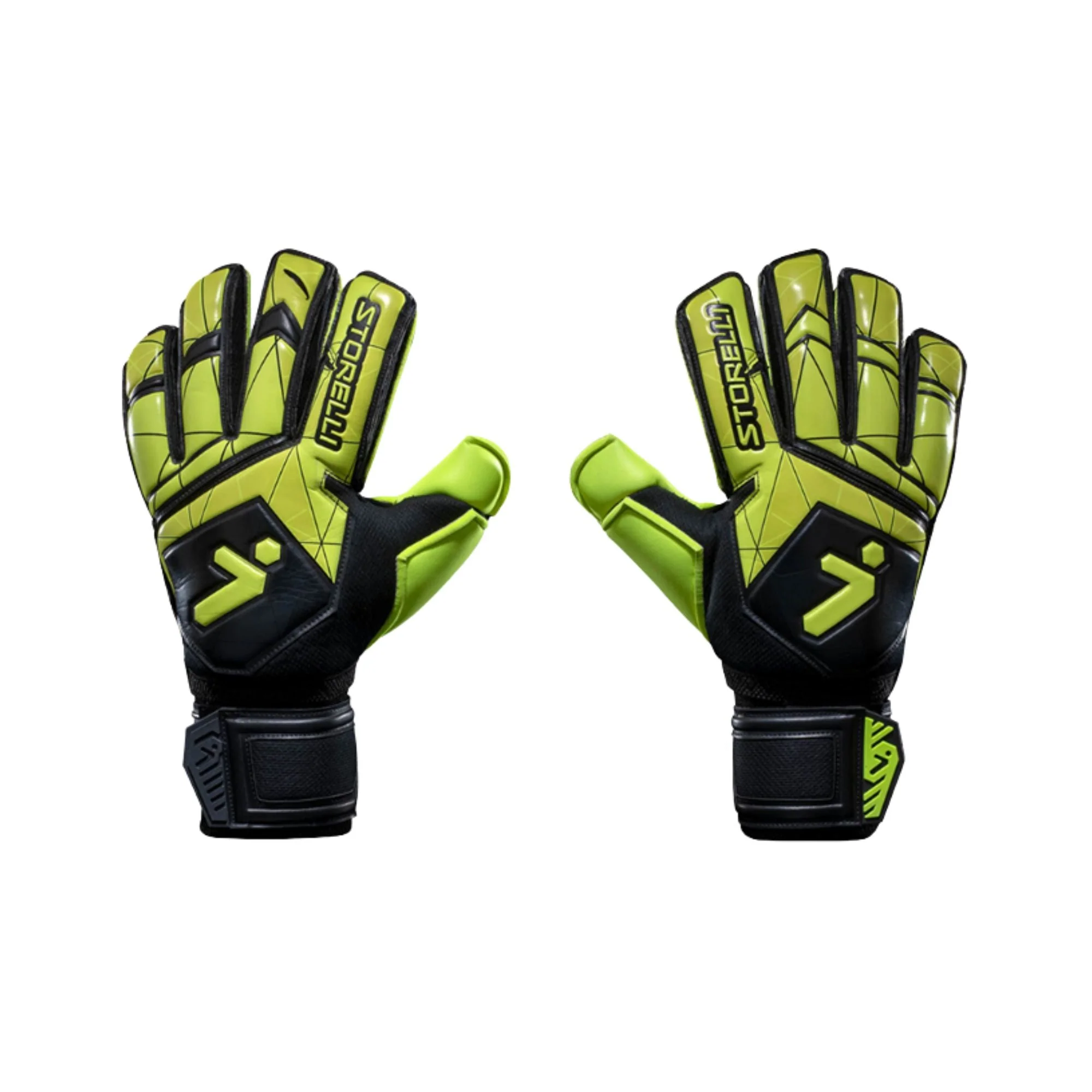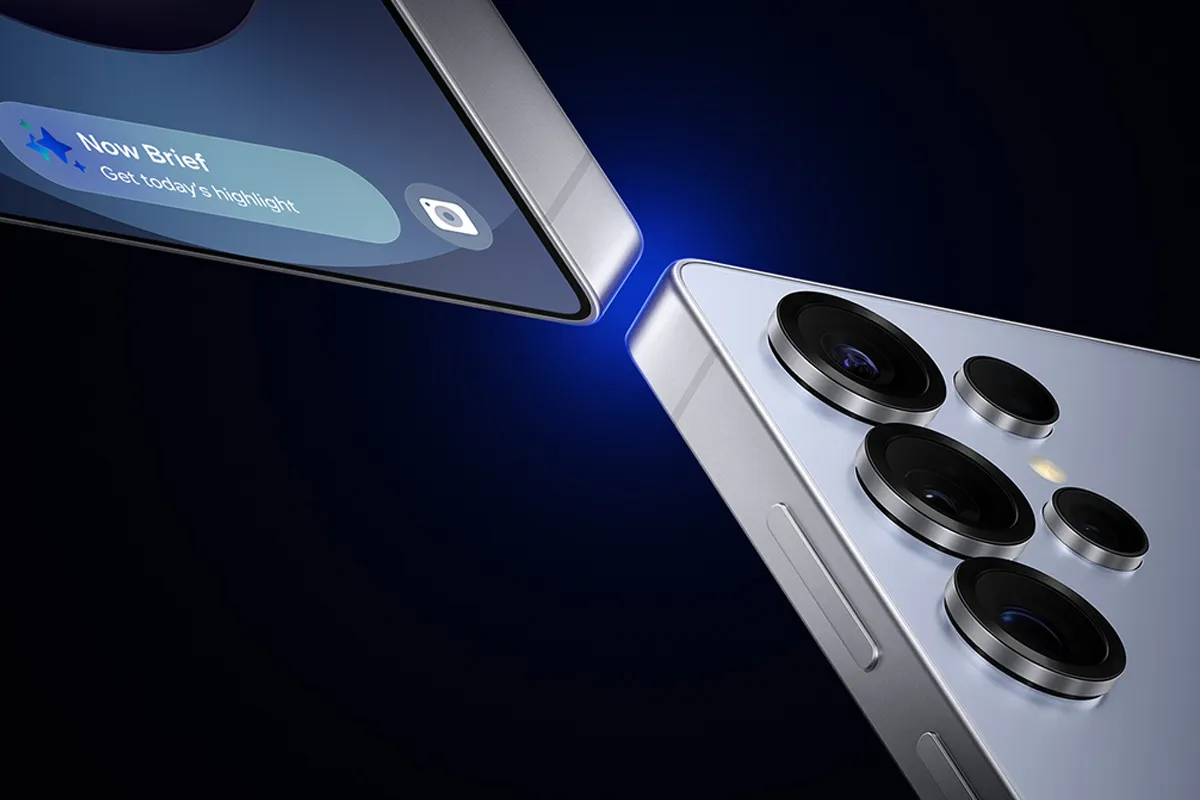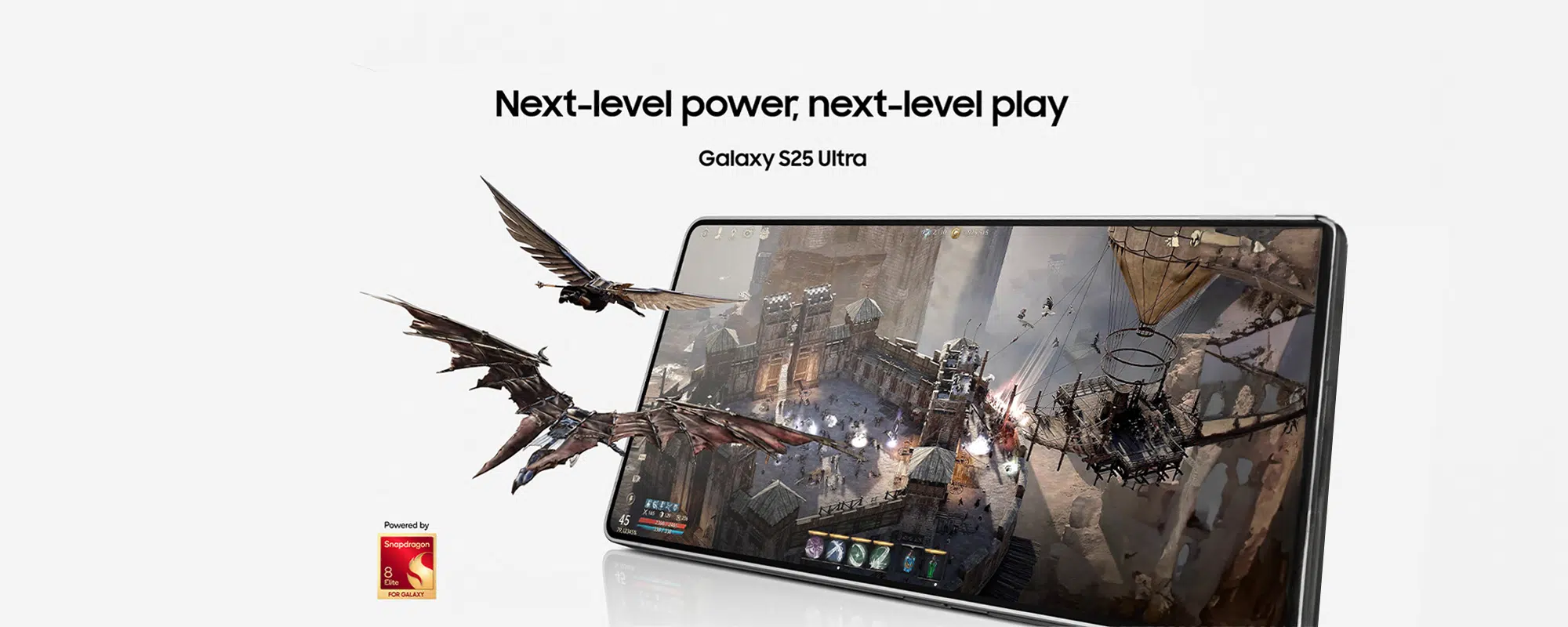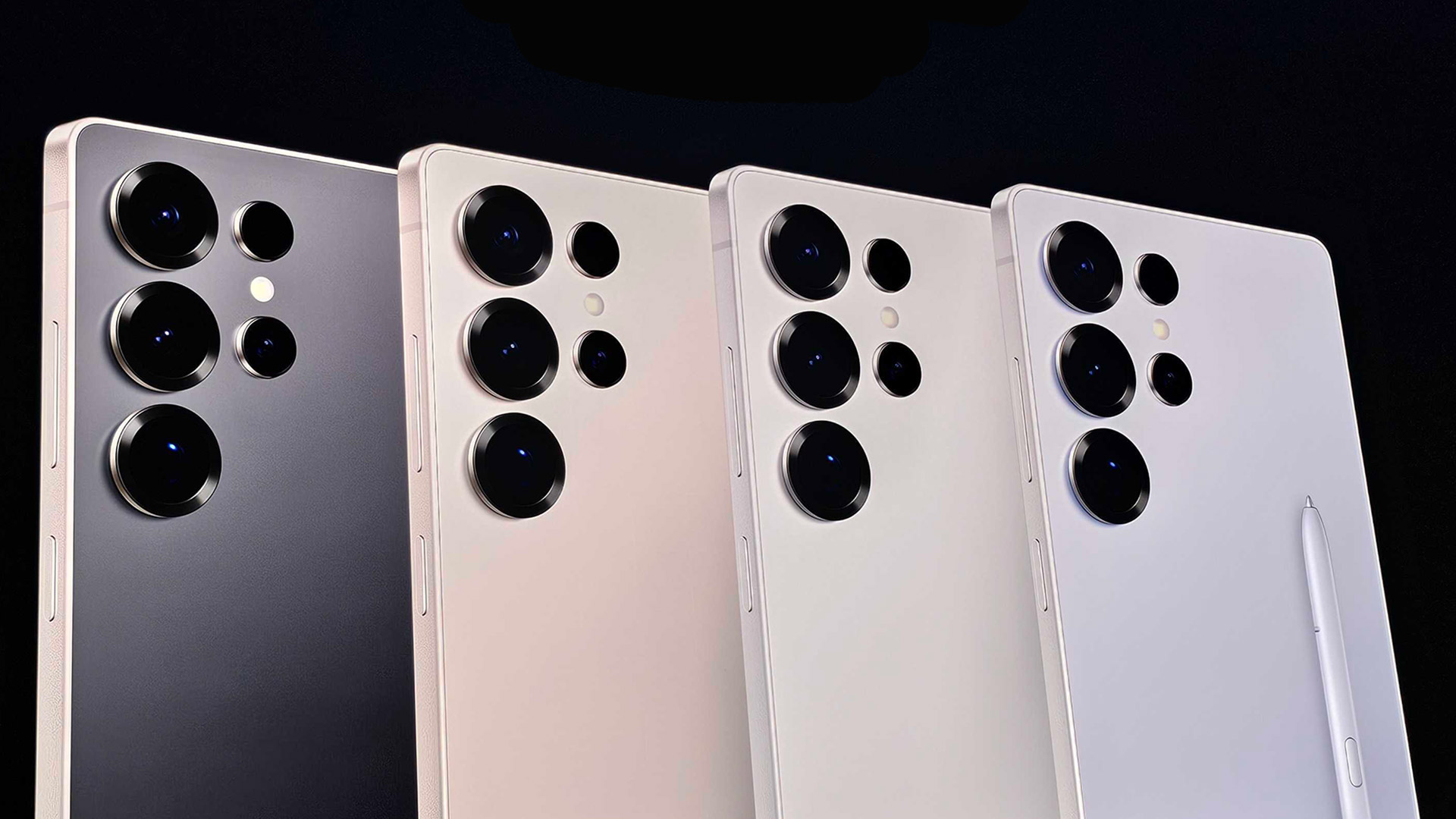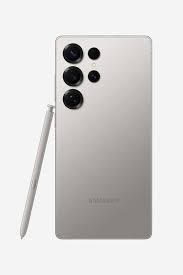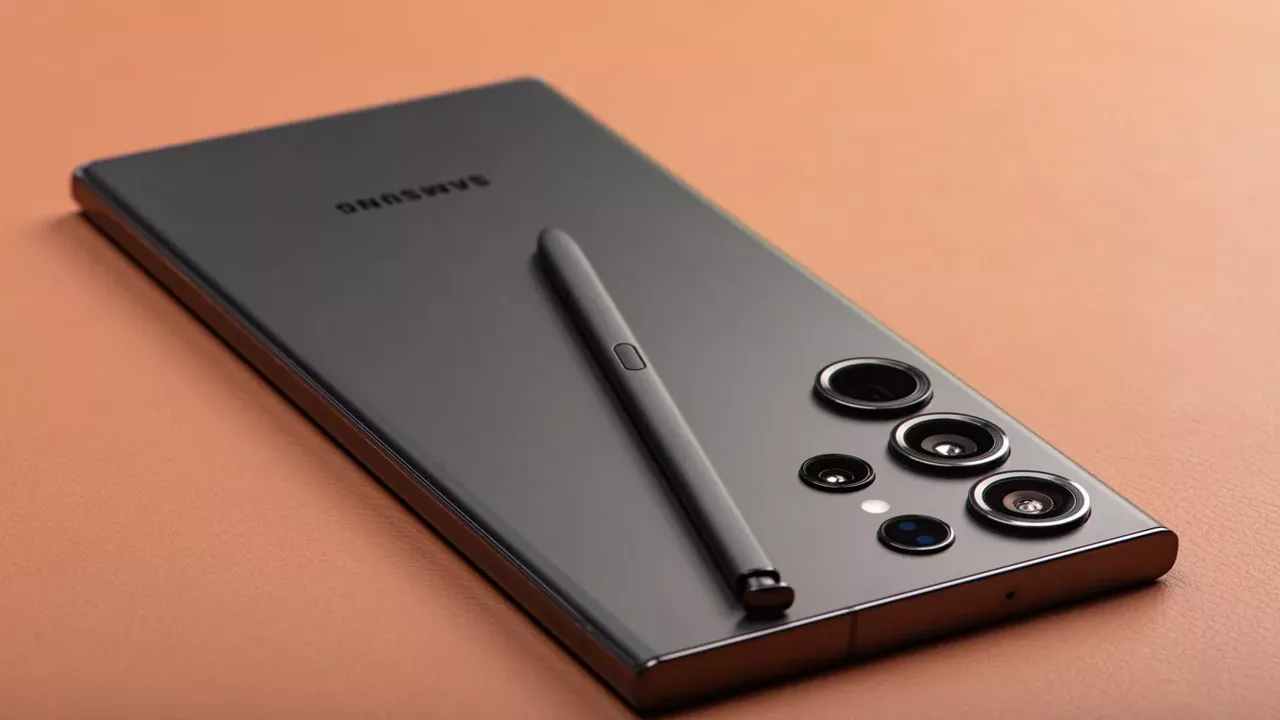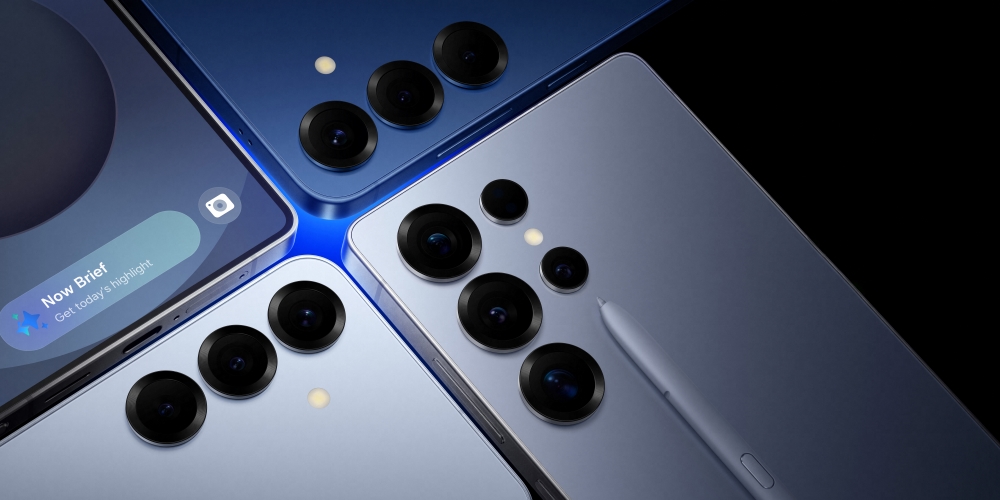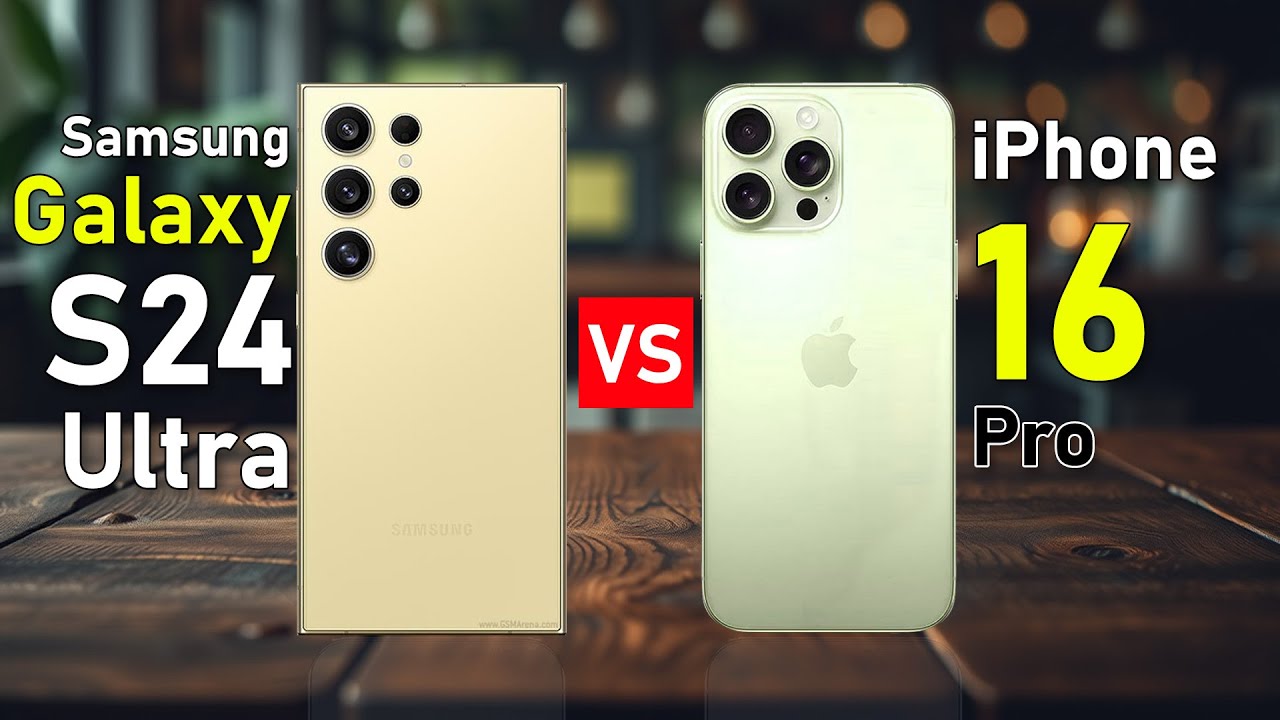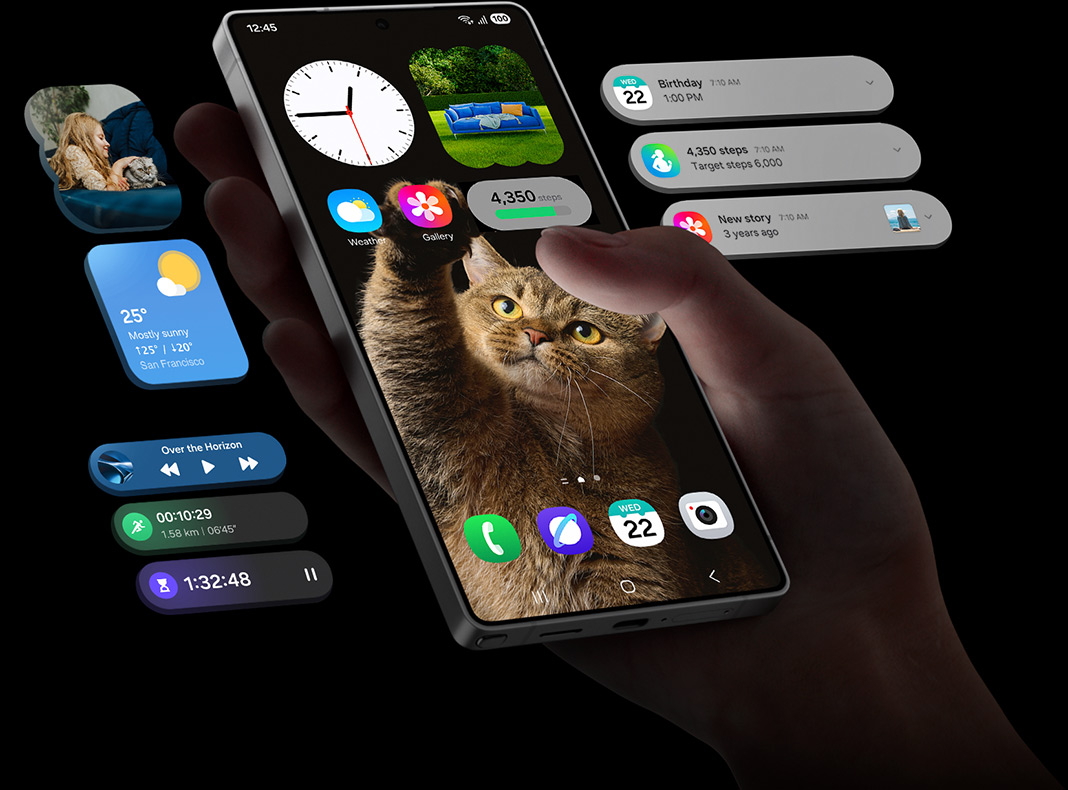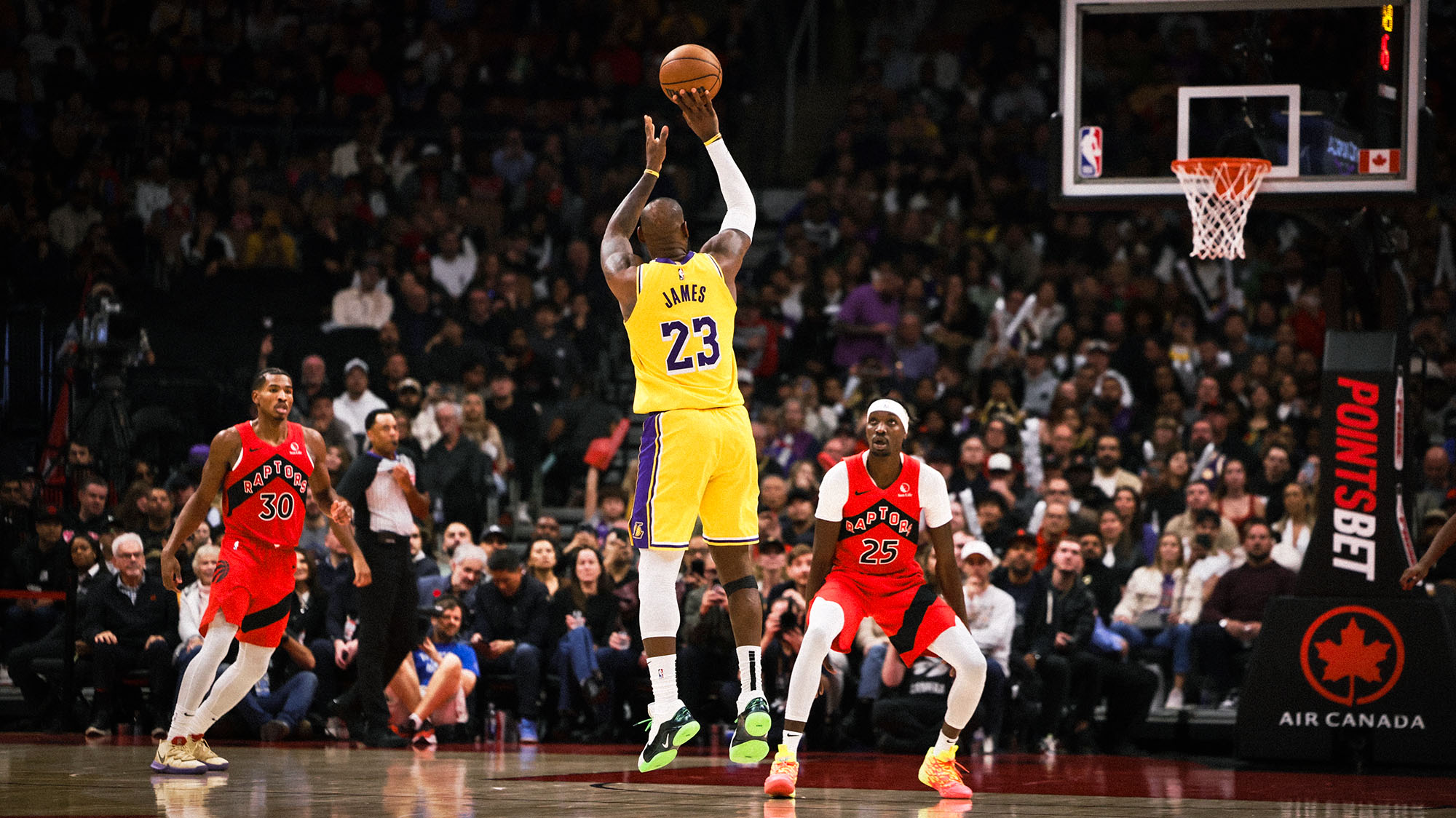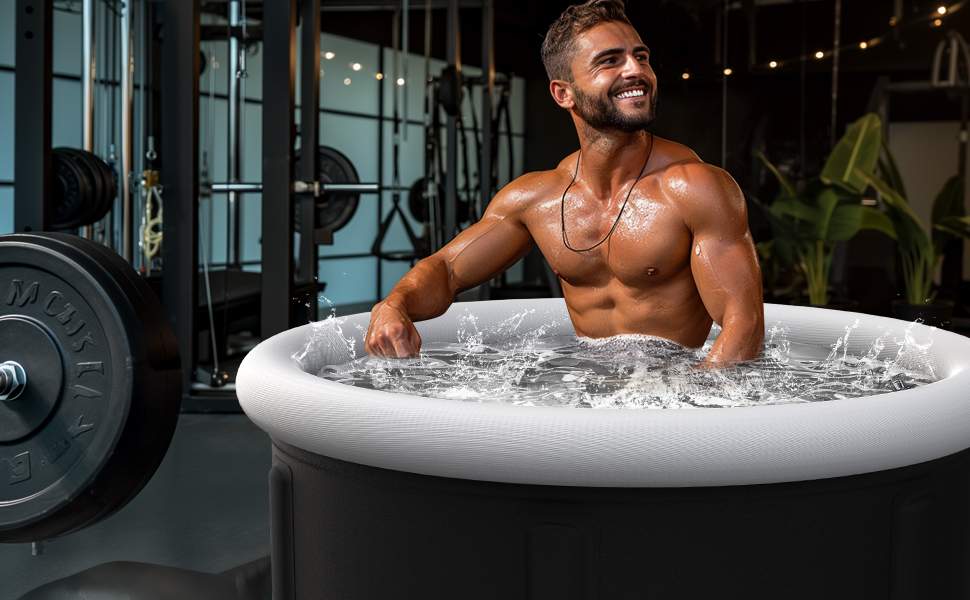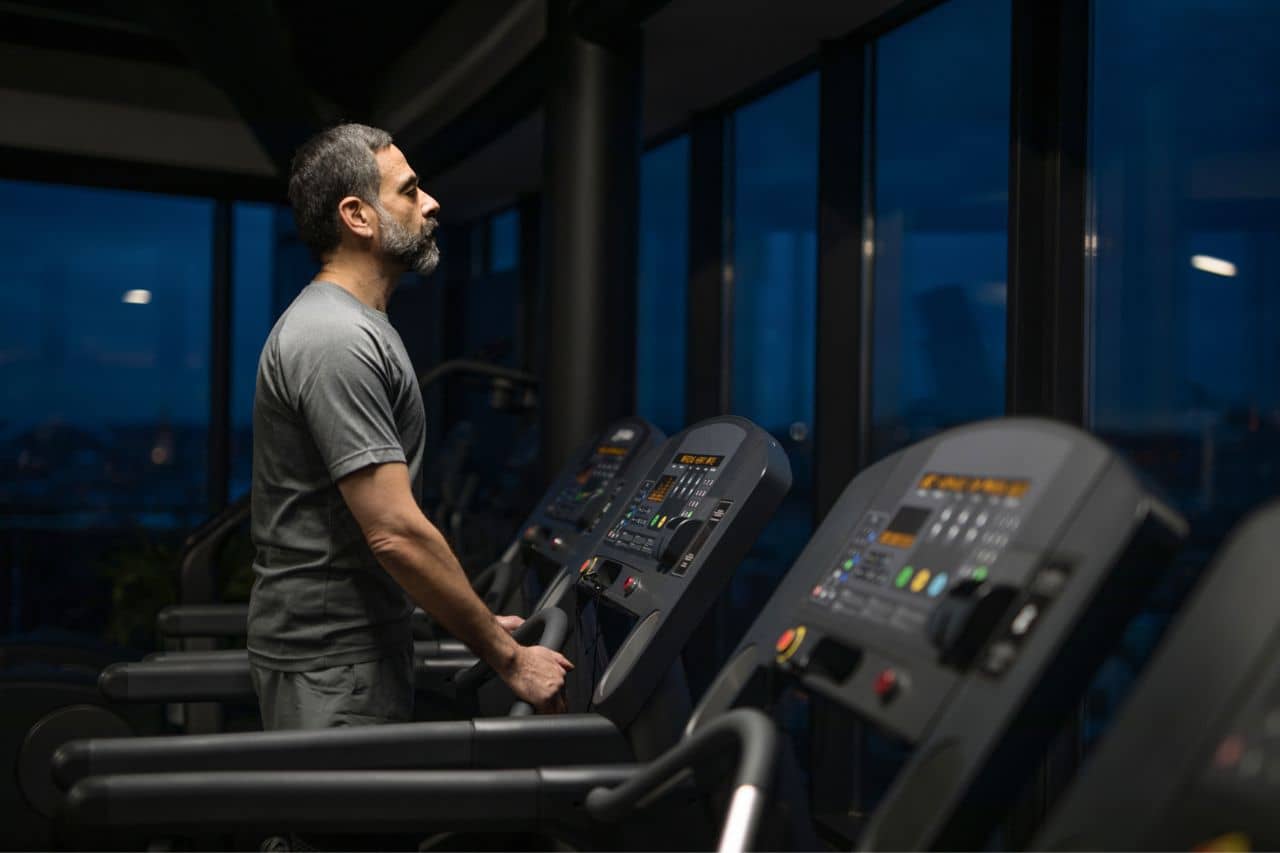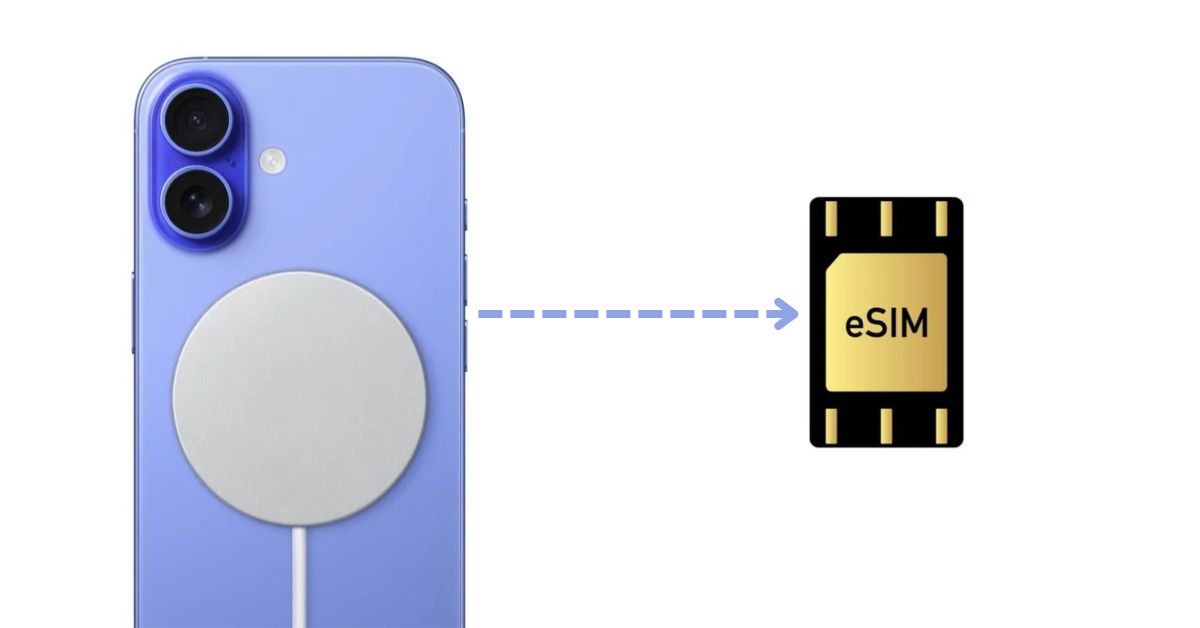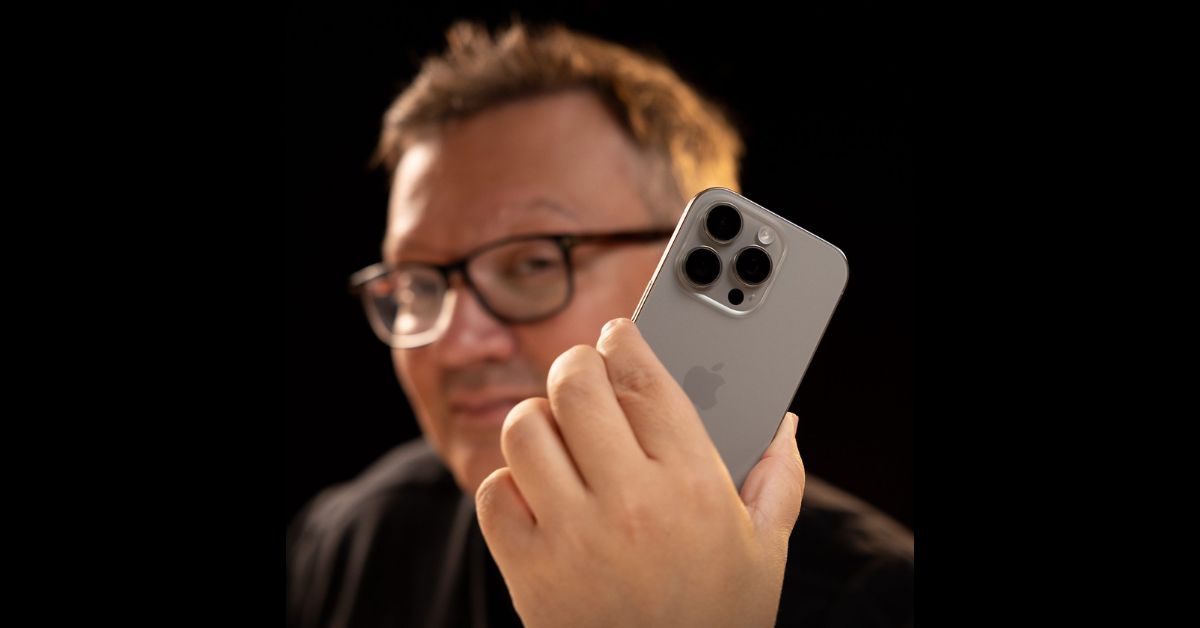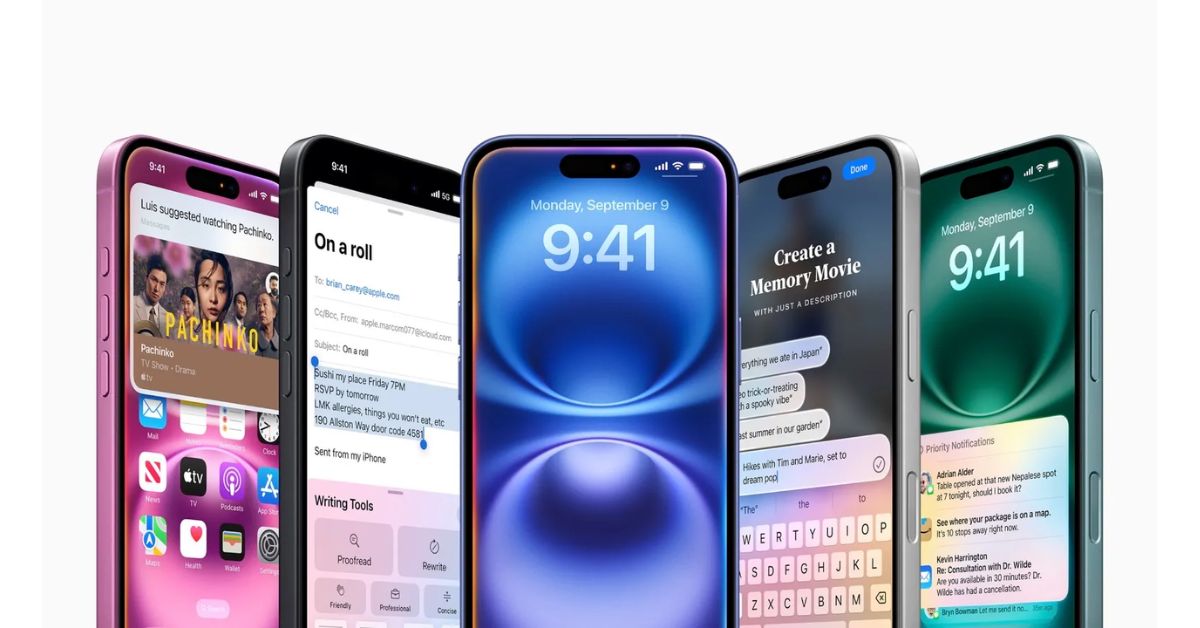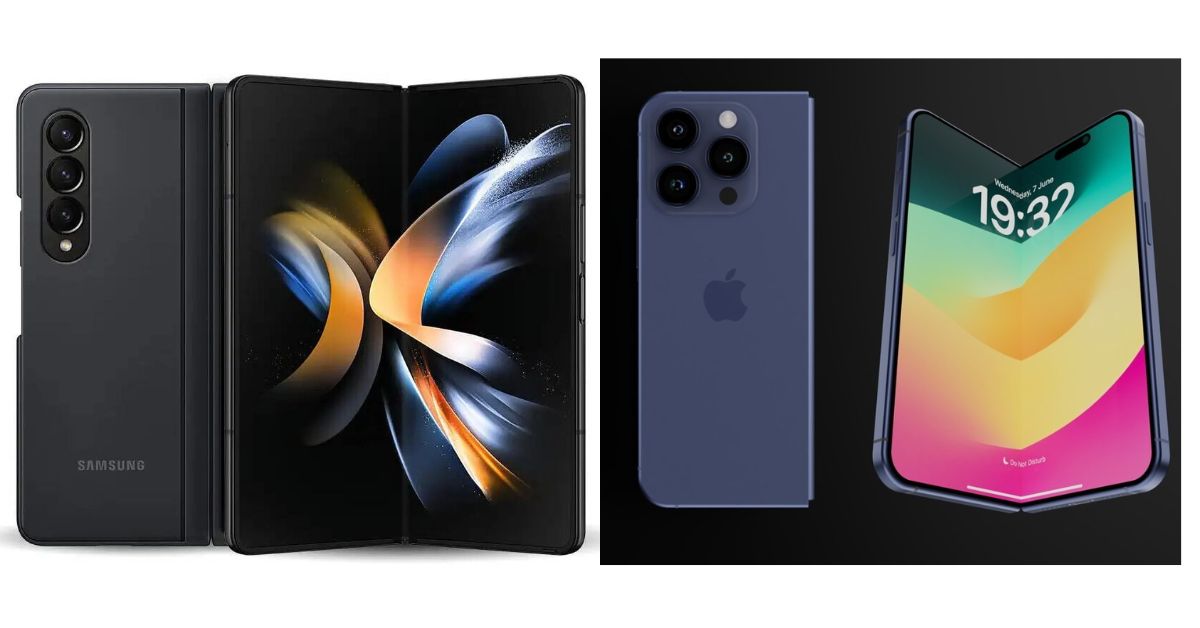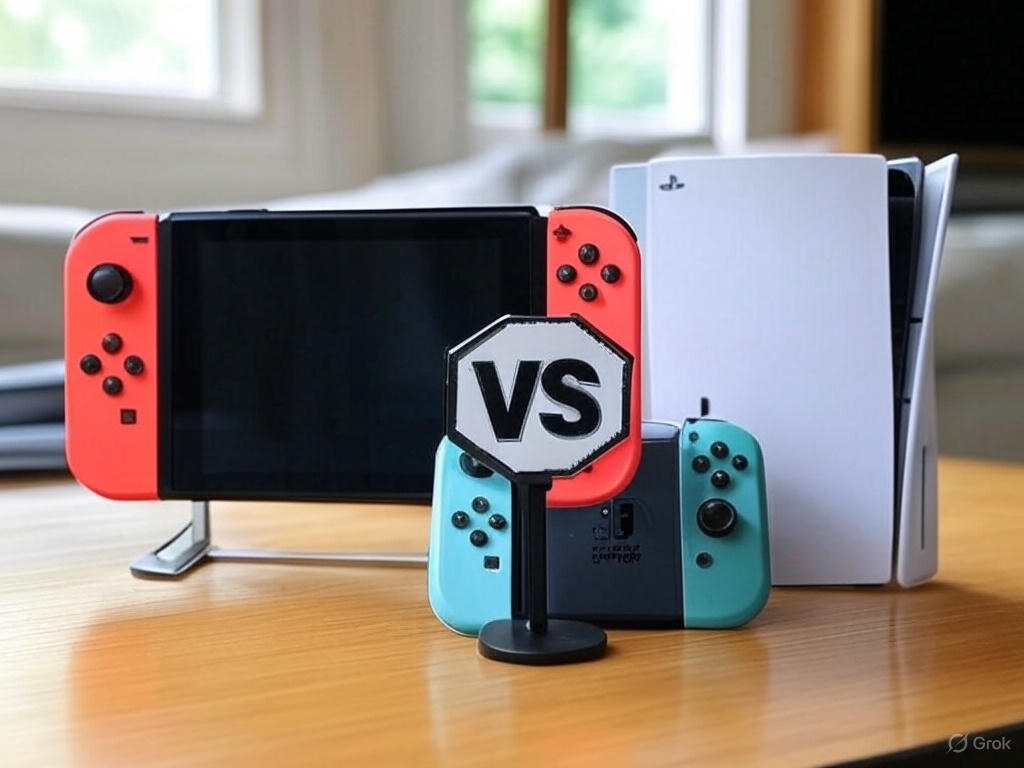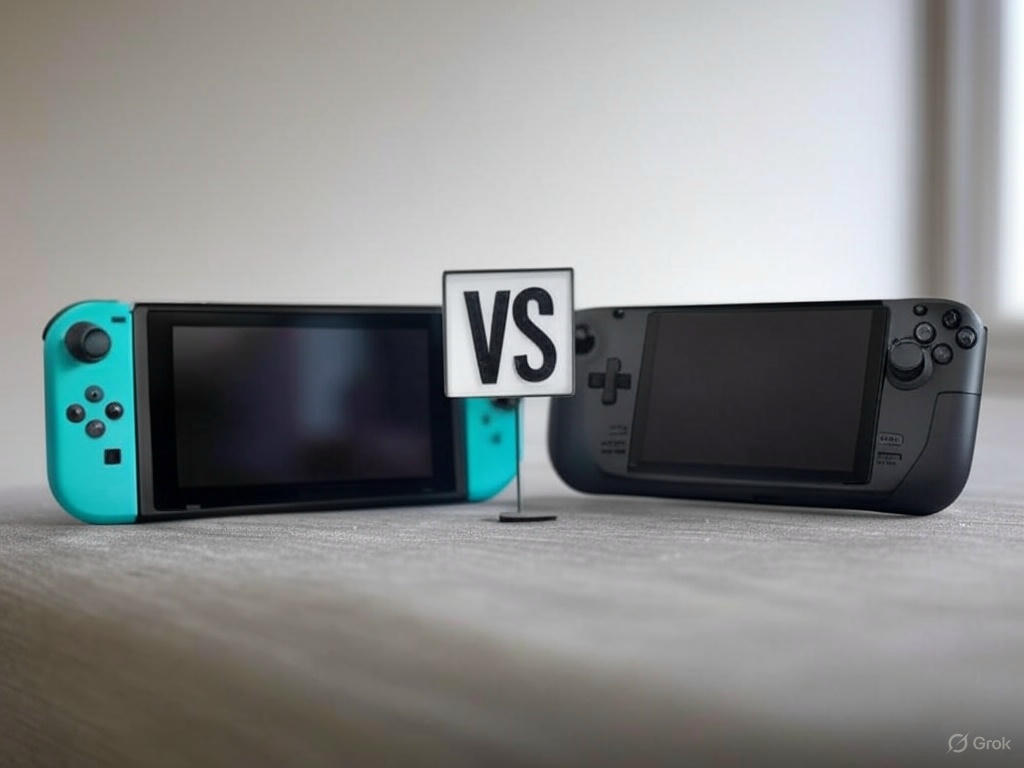Google’s Pixel A-series is well-regarded among smartphone enthusiasts for offering flagship features at a budget-friendly price. Year after year, the A-series has been celebrated for its excellent software experience, clean design, and competitive camera system.
Now, with the Pixel 9a freshly unveiled, tech enthusiasts have one burning question on their minds—is it worth upgrading from the Pixel 8a, or should you save your money for future models?
This blog dives into everything you need to know about the Pixel 9a and Pixel 8a, comparing their design, performance, camera systems, and more, to help you decide whether it’s time to upgrade or stick with your current phone.
A Quick Look at the Pixel A-Series
For years, Google’s Pixel A-series has been designed to bring the premium features of its flagship phones to a more accessible price point. These devices typically offer a pared-down version of flagship models, retaining the software and camera prowess that Google is known for while cutting back slightly on premium materials and features.
The Pixel 8a delivered this promise with its reliable and robust Tensor G2 processor, solid software support, and a versatile camera system. Now, the Pixel 9a is here, with promises of better performance, enhanced design, and even more thoughtful AI integration. But is it truly worth upgrading?
| Feature | Pixel 8a | Pixel 9a |
|---|---|---|
| Processor | Tensor G2 | Tensor G3 |
| Display | 6.1-inch OLED, 60Hz | 6.2-inch OLED, 90Hz |
| Camera System | Dual 12MP + 12MP rear, 8MP front | Dual 12MP + 12MP rear, 10.8MP front |
| Battery Life | ~24 hours | ~26 hours |
| Software Support | 3 years OS updates, 5 years patches | 3 years OS updates, 5 years patches |
| AI Integration | Basic AI features | Enhanced AI features |
| Build Material | Polycarbonate body | Aluminum and polycarbonate blend |
| Price | $449 | $499 |
Design and Build Quality
Pixel 9a vs. Pixel 8a Design Comparison
The Pixel 9a takes a more modern design approach compared to the Pixel 8a. With slimmer bezels and a slightly more refined rear camera layout, the Pixel 9a feels like a step up in terms of aesthetics. Google has also introduced fresh colors for the Pixel 9a, including “Sky Blue” and “Graphite Gray,” which give the phone a more premium appearance.
The Pixel 8a, while still a decent-looking device, features a thicker chin bezel and a slightly more conventional design that may feel outdated to some.
Durability and Build Materials
Durability is important for any smartphone buyer, so how do the two models compare? The Pixel 9a sticks with a plastic back and aluminum frame, ensuring a lightweight yet sturdy build. While it retains Gorilla Glass protection for the front, there’s no switch to flagship-level materials like glass backs.
What’s noteworthy is that the Pixel 9a slightly improves the IP rating for water and dust resistance, making it better suited for everyday mishaps compared to the Pixel 8a.
Display and Screen Technology
Screen Size and Resolution
The Pixel 9a and Pixel 8a both sport OLED displays with FHD+ resolution, offering sharp visuals and vibrant colors. However, the Pixel 9a features a slightly larger 6.2-inch display, compared to the 6.1-inch screen on the Pixel 8a. While the difference might seem negligible, it does make your viewing experience more immersive.
Refresh Rate and Brightness
Google takes a leap forward in display smoothness with the Pixel 9a by implementing a 120Hz refresh rate, a step up from the 90Hz rate on the Pixel 8a. This makes scrolling, gaming, and general navigation feel much smoother.
Brightness levels have also seen a slight improvement, making the Pixel 9a easier to use in direct sunlight.
Any Notable Screen Improvements?
Beyond refresh rate and size, the Pixel 9a features better color calibration for more accurate and lifelike tones when consuming media or browsing photos.
Performance and Hardware
Processor and Performance Upgrades
The Pixel 9a is powered by Google’s latest Tensor G3 chip, which offers improved AI processing, enhanced energy efficiency, and faster performance compared to the Tensor G2 in the Pixel 8a. Tasks like photo editing, multitasking, and gaming run noticeably smoother on the Pixel 9a.
RAM and Storage Options
Google hasn’t made significant changes to RAM or storage options. Both the Pixel 9a and 8a come with either 6GB or 8GB RAM and offer 128GB of base storage. However, the Pixel 9a does feature better storage speeds, which could help apps load faster.
Battery Life and Charging Speeds
While the Pixel 9a’s battery capacity remains similar to the Pixel 8a, its efficiency gains from the Tensor G3 chipset mean you can expect a slightly longer battery life. Charging speeds, however, haven’t seen much improvement, capping at 18W wired charging for both phones.
Camera System Comparison
Camera Hardware Upgrades
Google’s A-series phones are known for their impressive cameras, and the Pixel 9a is no different. It features a similar dual-lens setup as the Pixel 8a, though the main sensor has seen slight improvements for better low-light performance.
Software and AI Enhancements
Where the Pixel 9a truly shines is its software. Thanks to the Tensor G3’s advanced AI capabilities, the Pixel 9a introduces improved features like Real Tone for accurate skin-tone representation and an updated Magic Eraser for removing objects more efficiently.
Night Mode, Zoom, and Video Capabilities
Both phones excel at Night Sight photography, but the Pixel 9a processes images faster and retains slightly more detail. Video stabilization has also been enhanced, making the Pixel 9a a better choice for content creators.
Software and User Experience
Android Version and Software Support
The Pixel 9a ships with the latest Android version out of the box, while the Pixel 8a is expected to receive updates for two more years. However, the Pixel 9a will benefit from longer-term software and security support, making it a future-proof choice.
Exclusive Pixel Features and AI Improvements
Both phones include Pixel-exclusive features such as Google’s call screening and voice typing. That said, the Pixel 9a includes newer AI-powered tools like enhanced voice recognition and expanded Google Lens capabilities, further simplifying your daily tasks.
Security and Updates
Google ensures robust security for both models. However, the Pixel 9a includes a Titan M3 security chip for improved protection against modern threats, a step above the Pixel 8a’s Titan M2.
Connectivity and Additional Features
5G, Wi-Fi, and Bluetooth Improvements
Connectivity-wise, the Pixel 9a boasts faster 5G speeds, improved Wi-Fi performance with Wi-Fi 7, and the latest Bluetooth 5.3 for more stable connections with wireless headphones and accessories.
New Sensors or Smart Features
The Pixel 9a includes a new temperature sensor and better haptics, providing a more premium experience.
Fingerprint Scanner and Face Unlock
Both phones feature fingerprint scanners and face unlock, but the Pixel 9a’s sensors are faster and more reliable in various lighting conditions.
Price and Value for Money
Launch Prices of Pixel 9a vs. Pixel 8a
The Pixel 9a’s launch price is slightly higher than the Pixel 8a’s at $499 vs. $449. However, its improvements may justify the price bump for many users.
Is the Upgrade Justified for the Price?
For those staying up-to-date with tech, the added features of the Pixel 9a make it worth the investment. However, Pixel 8a users with no major complaints may find it more cost-effective to hold off on upgrading.
Who Should Upgrade and Who Should Wait?
If You Own a Pixel 8a, Should You Upgrade?
If you value faster performance, a smoother display, and enhanced cameras, the Pixel 9a is a solid upgrade. Otherwise, the Pixel 8a remains a dependable device for everyday use.
Best for New Pixel Buyers?
For new buyers, the Pixel 9a is the clear winner thanks to its future-proof features and improved performance.
Other Alternatives to Consider
If the Pixel 9a is slightly out of your price range, consider the Pixel 8a or the Samsung Galaxy A54, which both offer excellent value under $500.
Final Thoughts: Should You Upgrade?
The Pixel 9a brings meaningful upgrades in design, cameras, and AI-powered features that make it a step ahead of the Pixel 8a. For those who prioritize staying on the cutting edge of technology, it’s a worthy investment.
However, if you’re satisfied with your Pixel 8a’s performance and don’t feel compelled by incremental upgrades, sticking with your current device is a smart choice.
Still, debating? Check out Google’s trade-in offers to make your decision even easier!
FAQs
What are the biggest differences between the Pixel 9a and Pixel 8a?
The Pixel 9a features a larger 120Hz display, upgraded Tensor G3 processor, and enhanced camera capabilities.
Will the Pixel 9a have better battery life than the Pixel 8a?
Yes, thanks to efficiency gains from the Tensor G3 chip.
Is the Pixel 9a camera significantly better?
The hardware upgrades are minor, but software and AI improvements make a noticeable difference.
How long will Google support the Pixel 9a with updates?
The Pixel 9a will receive 5 years of security updates and at least 3 major Android updates.
Should I wait for the Pixel 10a instead?
Unless you’re willing to wait another year, the Pixel 9a is a great option now.

Dominic O. McCoy is a passionate writer who loves crafting engaging and informative blogs on a wide range of topics. With a deep curiosity and a knack for storytelling, he explores everything from lifestyle and technology to business and home improvement. Whether breaking down complex ideas or sharing practical tips, McCoy aims to deliver valuable content that resonates with readers. When he’s not writing, he enjoys learning about new trends and expanding his knowledge to bring fresh perspectives to his work.

